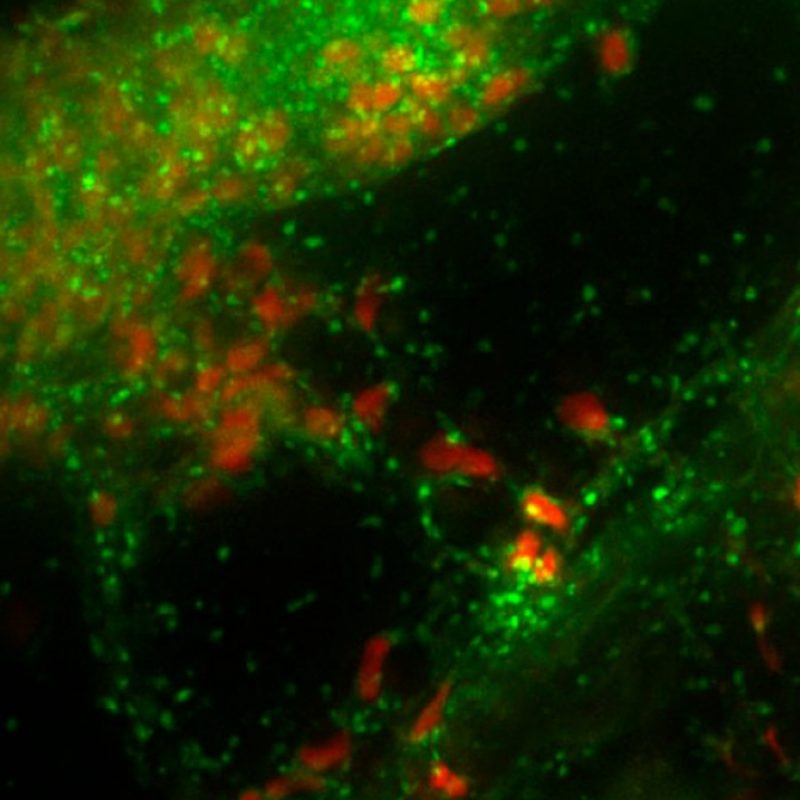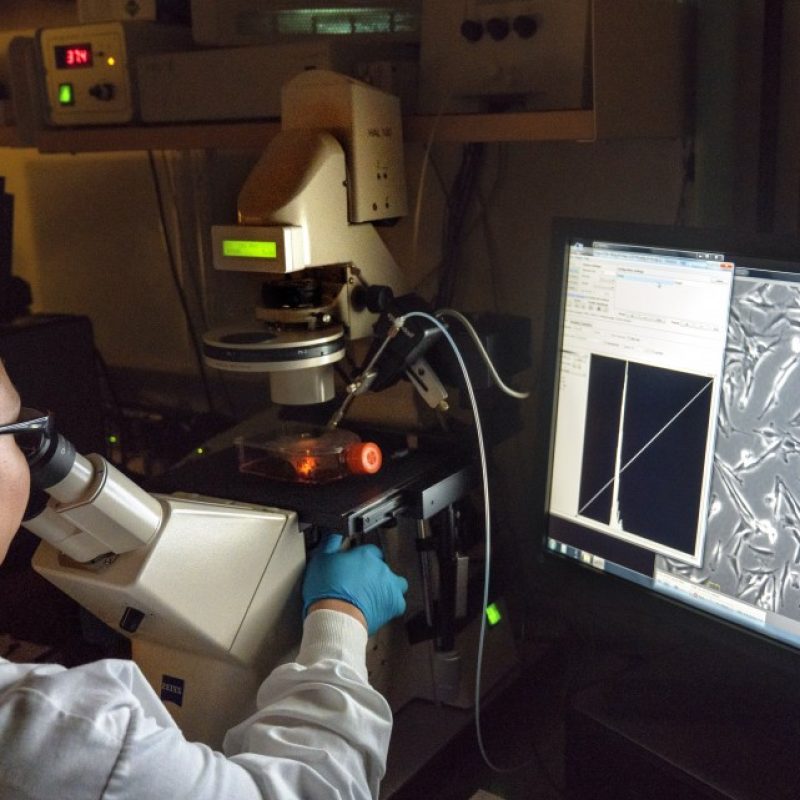Tag: Viruses
-

Gerlinde Van de Walle
With a dual focus on viral pathogenesis and stem cell biology, the objective of Dr. Gerlinde Van de Walle’s research is to open up new avenues towards therapeutic intervention by better understanding the pathogenesis of diseases important to veterinary and human medicine. To this end,[...] -

New Call for Postdoctoral Fellows!
Now accepting applications to the CIHMID Postdoctoral Training Program. Applications are due Sept 10, 2023.
-

Clare Casteel lab
Numerous studies demonstrate that vector-borne pathogens, such as viruses, influence host characteristics that result in altered host-vector interactions and enhanced virus transmission. We seek to determine the molecular mechanisms that underlie this phenomenon and use this knowledge to develop innovative control strategies using genetic and biochemical approaches. Current focuses are on changes in plant signaling […]
-

Whittaker lab: Coronaviruses and Musteloidea
The Whittaker lab has a new paper out in mBio that looks deeper into coronaviruses and their relationship to the superfamily Musteloidea. PAPER: https://mbio.asm.org/content/12/1/e02873-20
-

Casteel: Nature Plants paper
Associate Professor Clare Casteel (SIPS) has a paper out in Nature Plants, in collaboration with labs at UC Davis: “Organic management promotes natural pest control through altered plant resistance to insects” PAPER: https://www.nature.com/articles/s41477-020-0656-9.epdf
-

Evolution of RNA Viruses
Fast evolving RNA viruses, such as rotavirus, influenza virus, human immunodeficiency virus, and zika virus, are a leading cause of death worldwide and represent a major challenge for global disease control. Despite their small genome size, often comprised of only a few thousand nucleotides and a handful of genes, it remains exceedingly difficult to study […]
-

Vector Aedes aegypti, from functional genetics to ecological analyses
Mosquitoes cause 400,000 malaria deaths and transmit viruses to hundreds of millions. The vectorial capacity of mosquitoes depends on their ability to survive infection. However, it remains unclear what key mechanisms underlie the mosquito tolerance and resistance to infection with multiple microbes (bacteria, fungi, microbiota, viruses). We are particularly interested in approaches ranging from lab controlled […]
-

Molecular dialogue between intestinal stem cells and microbiota
The intestinal epithelium faces unique challenges as it is constantly exposed to the passage of ingested material including food, bacteria and xenobiotics. To maintain tissue function, the intestinal epithelium is undergoing continuous renewal mediated by intestinal stem cells (ISCs). ISC proliferation and differentiation are constantly adapted both to the microbes present and to the gut […]
-

Michelle Heck lab
The Heck lab deciphers molecular mechanisms regulating insect transmission of plant pathogens and uses this knowledge to create practical solutions that mitigate vector-borne diseases in agriculture. We use a combination of computational and wet-lab approaches to study vector-pathogen-plant interactions. Students will receive training at the intersections of computational biology, plant pathology, entomology, microbiology, genetic engineering […]
-

Mechanisms and Clinical Significance of β-Lactam Tolerance in Gram-negative Pathogens
Antibiotic treatment failure is an increasingly widespread burden on human health that poses one of the most significant threats to planetary life. Treatment failure is often due to the development of antibiotic resistance. A complete comprehension of the factors that promote the development, and particularly the dissemination, of antibiotic resistance is still lacking. Nonetheless, evidence […]
